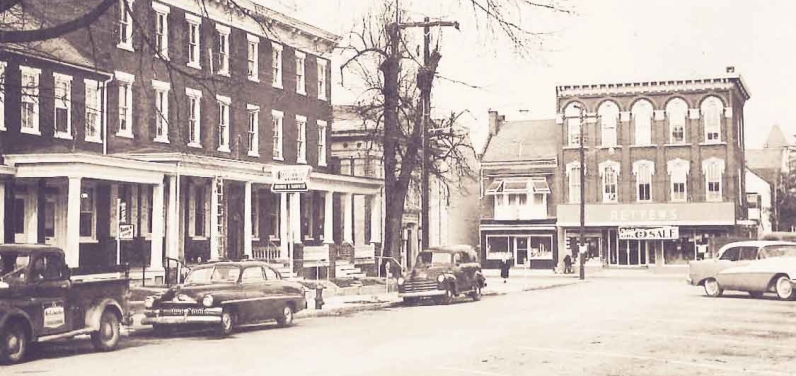
Request a Free Consultation
Call Today!
(717) 665-2283Business Property & Liability Insurance
Property Insurance is necessary for business operations. While losses to a business’s property can be devastating, a well-written commercial property policy can protect your valuable assets as well as your future earning potential. Today’s advanced society has brought about the need for creative solutions and expanded coverage. Policies can be written to insure not only buildings and their contents, but computers and data, tools and mobile equipment, the breakdown of building and electrical equipment, loss of income, and more.
Commercial Package Policy (CPP)
A CPP is a package policy that includes multiple types of insurance coverage forms such as general liability, property, and inland marine. Certain CPPs can also include auto coverage and excess liability coverage, and on some occasions, professional liability coverage. Businesses that do not qualify for a BOP are generally written as a CPP. The CPP gives the client the ability to insure multiple classes of operations under one policy limiting gaps in coverage.
Business Owners Policy (BOP)
A BOP is a package policy that includes property, liability, and endorsements for other coverages. All small businesses such as retail stores, restaurants, and independent contractors typically need a BOP to protect against any financial losses that may occur unexpectedly. A business with less than 100 employees and under $5 million is a typical business that would be put on a Business Owners Policy. The BOP policy usually receives preferred rates and is considered a “cookie-cutter” type policy.
Additional Coverages You May Need to Fully Protect Your Business:
For more information about business property and liability coverage, contact Ruhl today.
Frequently Asked Questions
-
What is the Coinsurance clause and why does Coinsurance matter?
The Coinsurance clause on the Commercial Property Policy requires you to carry at least a specified percentage of the full replacement value of the property. For example, if your property policy carries a Coinsurance clause of 80% on a building and the full replacement cost of the building is $100,000.00, the minimum amount the building limit on the policy can show is $80,000.00. By complying with the Coinsurance requirements of the policy, you help to ensure a satisfactory loss settlement.
-
Why does Coinsurance matter?
The Coinsurance Penalty is one reason it is important to understand what the Coinsurance percentage is on your property policy. If at the time of a loss it is discovered that the property was insured for less than the specified percentage listed under Coinsurance, the insurance company can reduce the loss payment. It is extremely important to discuss Coinsurance with your agent at each renewal meeting.
-
Why is the replacement value and the market value of my building different?
Replacement value or replacement cost (RC) takes into account what the building and reconstruction costs are to replace your building exactly the way it was built originally. The market value of your building takes into account the land the building sits on and the fair market price if the property was sold today. In most cases, the RC of a building is higher than the market value of a building. This means a replacement cost estimate should be obtained by your insurance agent when insuring a building for the first time.
-
Will my property policy cover all property I have on my premises?
The property policy excludes certain types of property under the coverage form. Certain items may be illegal to insure such as items obtained against the law. Other types of property, such as foundations and retaining walls, are less susceptible to common causes of loss and in turn, are excluded from the policy. Some types of property are better insured or more appropriately insured on other types of insurance policies and for that reason are excluded under the standard property policy. Items that can fall under this exclusion are money and securities and automobiles. You should discuss questions regarding certain property with your insurance agent to ensure complete coverage.



